
The bill is progressing in the Senate but is more unpopular than ever in public opinion. It crystallises a certain number of resentments plied against the president and his government.
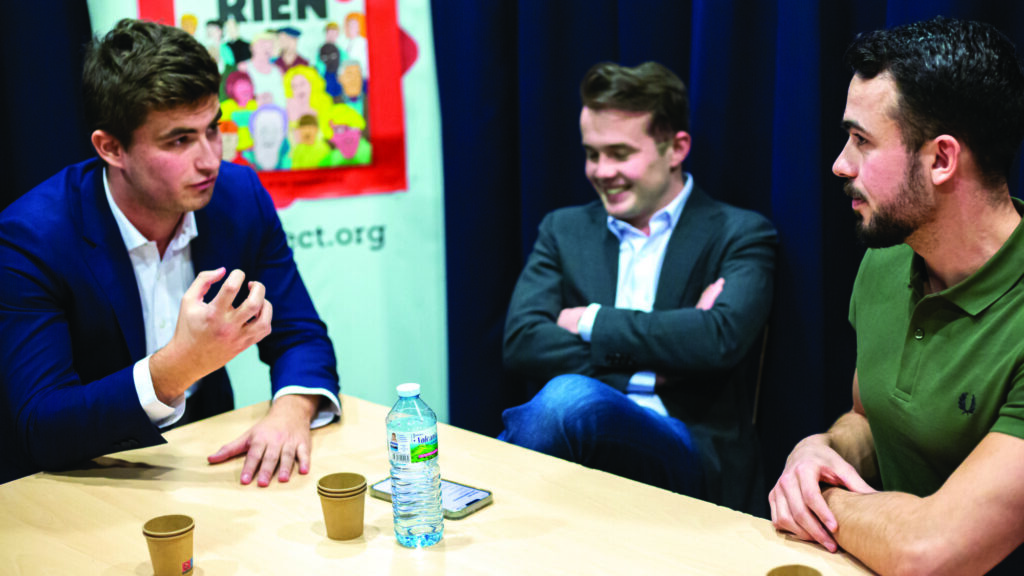
The outcry caused by a simple article proves that the road to the Union of the Rights is still long, extremely long. But the seeds have been sown, and time is on the Right side.
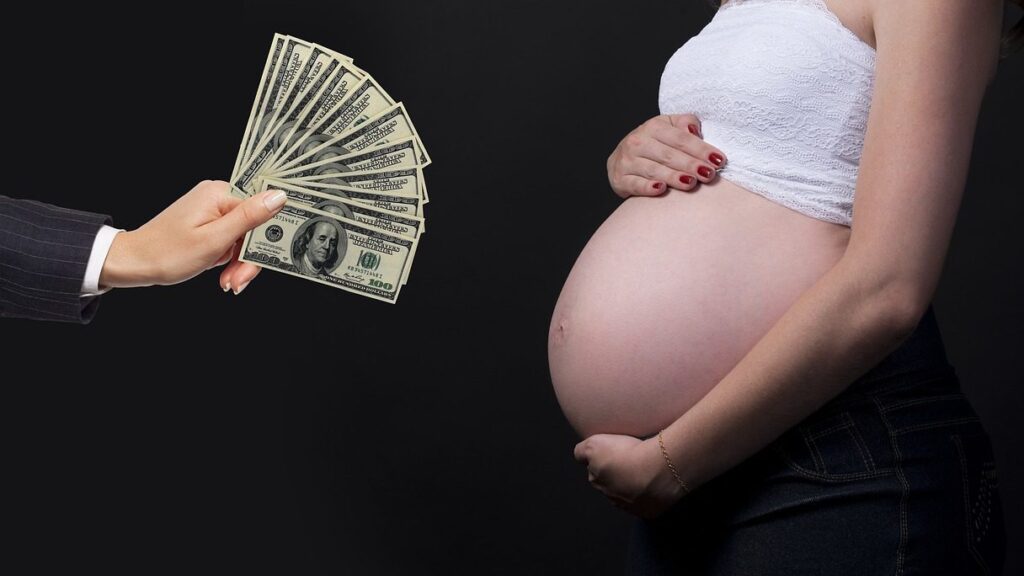
The approach initiated in Casablanca is new in that it does not call for a simple framework for surrogacy, as is already the case in several countries, but for its pure and simple abolition.

Seeing two Catholic nuns leave the field in this way gives witness to the argument, shared by many on the Right, that they’ve been dispossessed by their country.

There is now a consensus among French politicians to tackle these serious problems that affect today’s excessively connected societies.
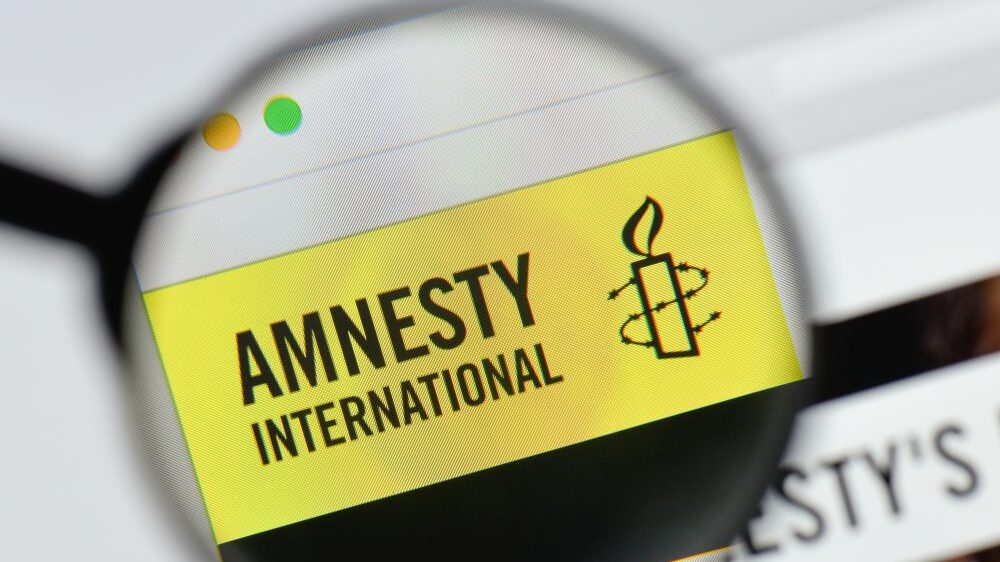
Amnesty International, despite its rhetoric, is no better than any other company regarding respect for women at work, especially when it comes to the thorny issue of maternity.

We must fight on all fronts; reinvest in and renew fields that have been neglected: culture, the arts, media, etc. The reconquest of our countries depends above all on the reconquest of our minds.
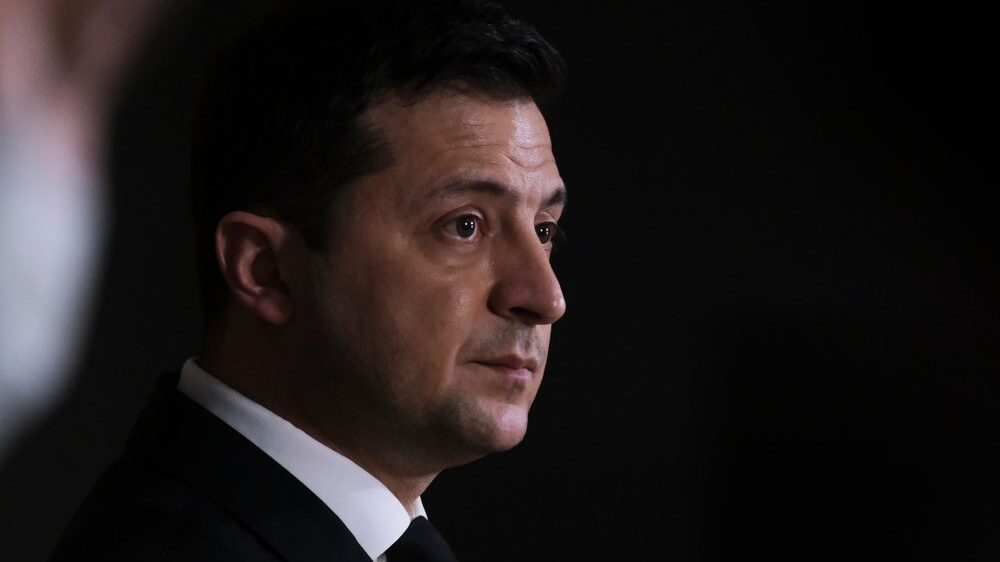
The French president explained that Volodymyr Zelensky had been “a great war leader” up to that point, but that he now had to complete his transformation into a true statesman, even at the cost of “difficult decisions.”

Everything has been done by the French government to prevent a balanced debate on the end of life, and to ensure a pro-euthanasia outcome.

What could have been a local news item has taken on the scale of a national scandal and revived a long-lasting controversy: can killing a child in the womb of its mother be considered homicide?
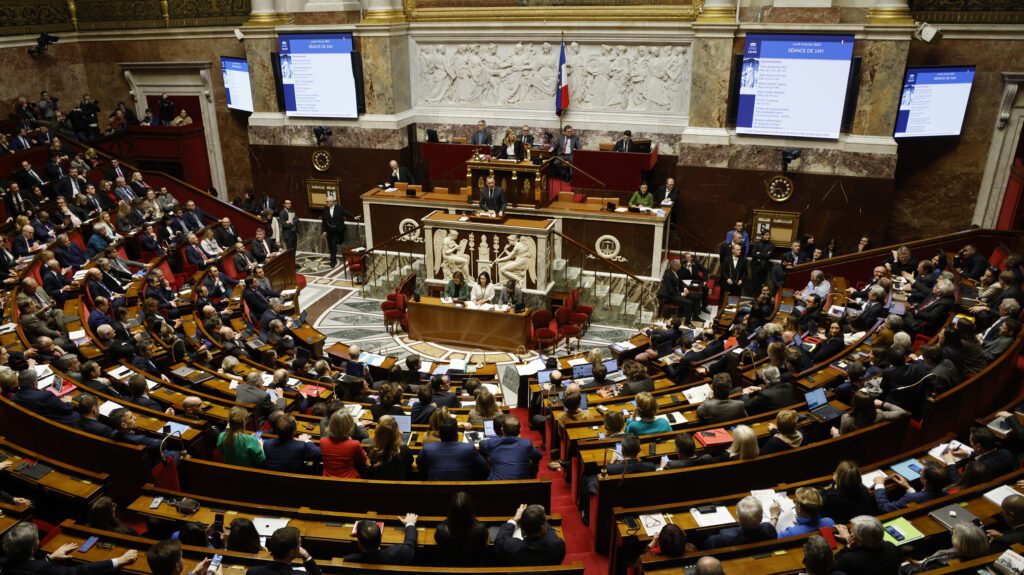
In the war currently underway in the hemicycle of the Palais Bourbon, all blows—even low ones— seem to be allowed.
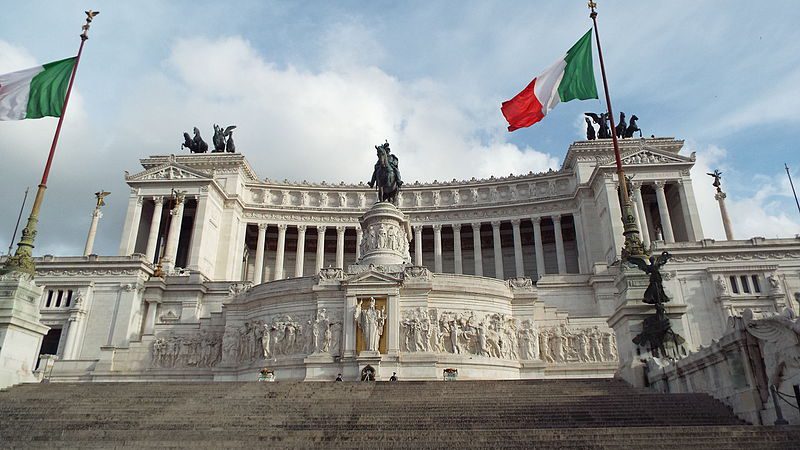
Thanks to this result, the right-wing coalition led by Meloni is now in charge of 15 of the 20 regions that make up the Italian Republic.